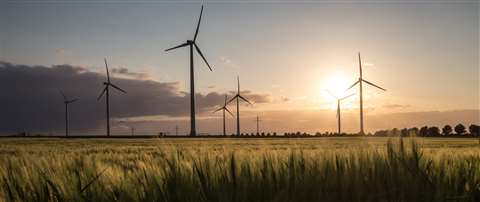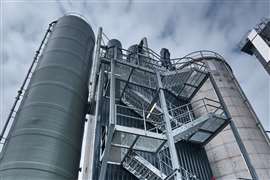Shortage of land could hamper crucial renewables construction
18 May 2023
The availability of land in Europe poses significant challenges for the necessary expansion of renewable energy capacity, according to a new report from McKinsey.
 Photo: Adobe Stock (Tobias Arhelger)
Photo: Adobe Stock (Tobias Arhelger)
The management consulting firm’s report, Land: A Crucial Resource for the Energy Transition, claims that the land required to meet the additional renewable energy sources (RES) capacity by 2040 in France, Germany, and Italy alone is equivalent to an area the size of Belgium, ranging from 23,000 to 35,000km2.
Wind and solar energy, which account for over 90% of the targeted additional capacity, rely on large expanses of usable land. However, McKinsey highlights that not only is suitable land limited from a technical standpoint, but a significant portion is also restricted from development due to stringent regulations and environmental limitations.
In Germany, for example, only 9% of available land is deemed suitable for wind energy, while less than 1% of land in Italy is suitable for solar photovoltaic (PV) projects without limitations.
Stringent land regulations
The report also reveals that regulatory constraints vary extensively across Europe, and even within countries, potentially creating tensions between regions.
McKinsey’s analysis reveals that in Germany, technical, regulatory and environmental constraints reduce the potentially available land for wind energy by 82%.
The largest reduction, accounting for almost 60%, is attributed to regulatory rules concerning the proximity of wind turbines to settlements and infrastructure.
Raffael Winter, a Partner at McKinsey, emphasised the crucial role that land availability plays in the energy transition and stressed the need for land-efficient and biodiversity-enhancing RES development, with the adoption of strategies that promote sustainability.
McKinsey’s report identified the following actions that could be taken by land-use stakeholders across the value chain, to help mitigate the risk of bottlenecks when identifying and securing land for RES development:
- Updating spatial planning and land allocation
- Revisiting regulatory rules
- Maximising repowering
- Incentivising social acceptance
- Fostering hybrid land use
- Innovating to preserve biodiversity together with RES development
- Incentivising solar PV deployment on sealed surfaces





